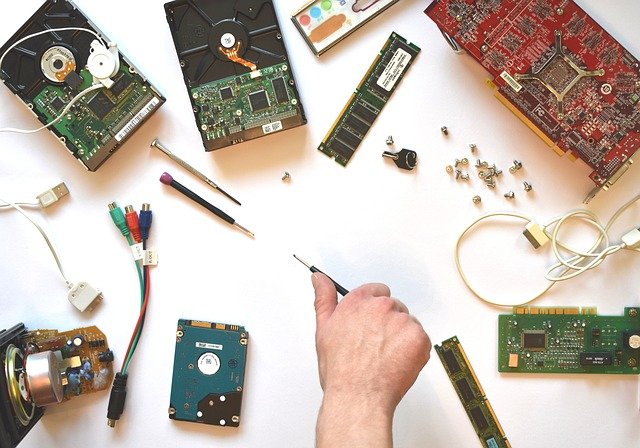The purpose of keeping a VPS maintained is to ensure that the server network to be smooth at all times. Do note that the tasks in this list aren’t the only task needed to be done for server maintenance. The following are what a Linux VPS server owner can do to maintain their server.
1. Monitoring Disk Space
It matters not if the server is a personal one or one with multiple user accounts, be sure to look out if there is still any disk space remaining for your upcoming projects. This can be done through the server control panel which provides a GUI (Graphical User Interface) such as cPanel, Plesk, and so on. The interface outlines the server resource usages in real-time, which makes it convenient to monitor.
2. Monitoring Site Performance
This is for those who are hosting websites, it is important to monitor the responsiveness of the websites. The common reason for a slow, unresponsive website usually stems from the server and the available system resources left. When the CPU and RAM are reaching the processing power or memory limit, a low performance will usually follow up. Proactively monitoring the CPU and RAM for any performance issues and adding more when needed will prevent low site performance.
3. Check Access And Error Logs
Whenever there are unexpected issues or accidents, the first place a person should check is the access logs. Every detailed server operation regarding the server data can be found in the log as they will always be recorded there. By going through the log, it is possible or likely the place where you could find the cause of the problem.
4. Backup System
Keeping a backup system for a VPS is a must as while a VPS security may be good, a person can never be sure when and where their server can be attacked from. Make daily backup files or turn on the automated backup system and keep them secured in another server. This way, VPS users can restore their files if anything goes wrong.
5. Removal Of Unused Devices
Similar to the software and plugins, attached devices to the server should be monitored and removed if not needed. Unwanted or unused tools potentially make your system exposed to vulnerability. Regular checks should also be done to remove unwanted resources and services.
6. Security Audits
A security audit is an essential part of a routine server maintenance task. Server security is an aspect of any online business that may cause huge losses and it is wise to be more careful even if the working project isn’t commercial.
7. Passwords
Changing a password regularly could make it difficult for hackers to hack into the system, given that the password is a complex one. If it is a simple one such as “abcdefg” or “00112233”, it won’t take long for a hacker to be able to decode it just by brute-forcing. Always make a complex password where it consists of a mixture of lowercase letters, uppercase letters, numbers, and special symbols. If passwords proved to be hard to memorize due to the number of passwords that need to be memorized, password management tools can be found on the market to aid users to memorize the passwords.


